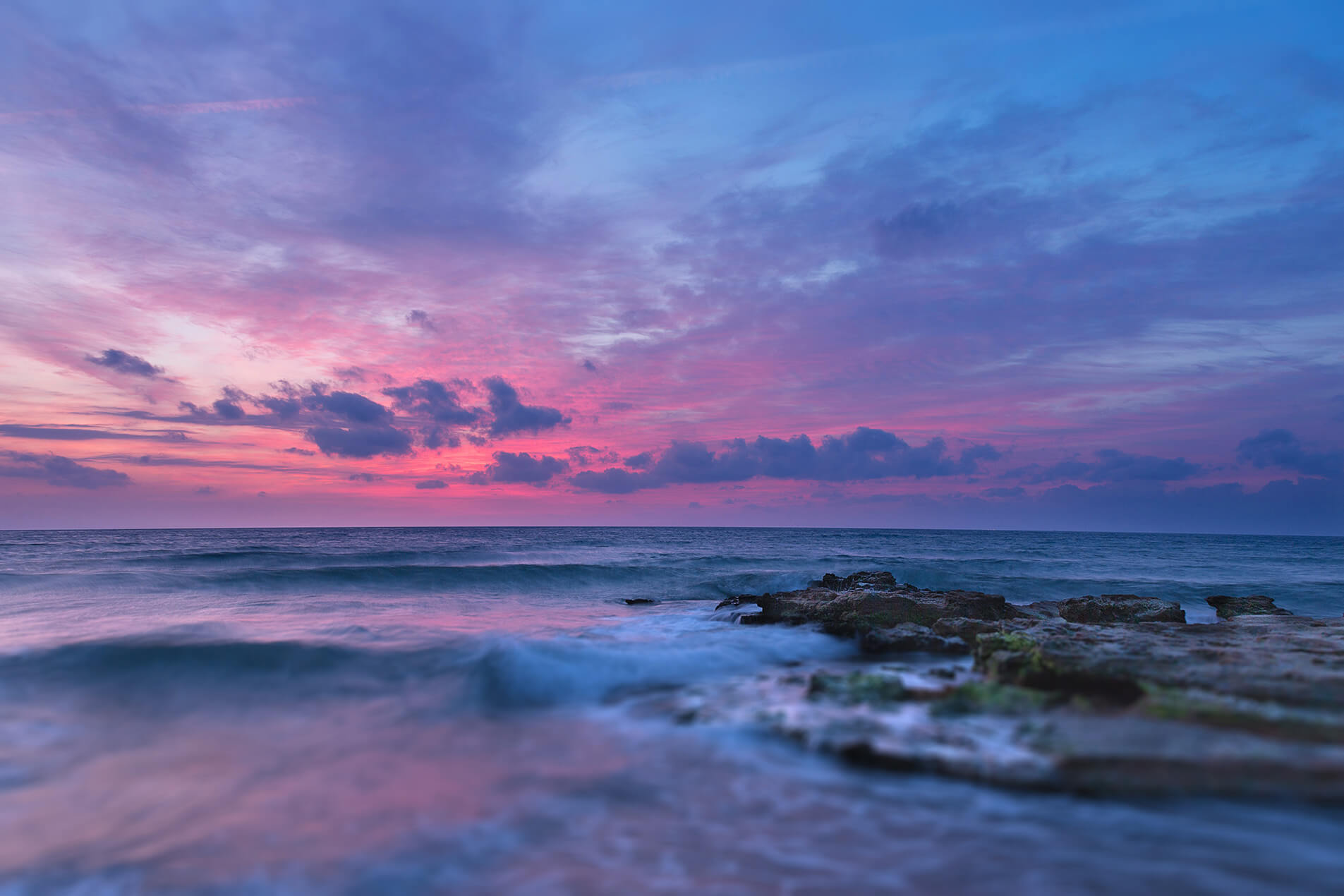We’ve broken the process into simple steps so you know exactly what to do, whether it’s a minor bump, a broken window.
Choose the section below that matches your situation to get started:
What to Do After an Accident, Theft or Damage
Collision or Third-Party Damage
- Check for injuries and move away from danger if it’s safe to do so.
- Secure your vessel to prevent further damage.
- Take photos of all damage (your boat and any others involved).
- Exchange details with the other party: name, phone, boat registration, insurer (if known).
- Don’t admit fault, just record what happened.
- Note the date, time, weather, tide and sea conditions.
- Get names and contact details of any witnesses.
Theft or Vandalism
- Report it to the police or harbour/master straight away and get a reference number.
- Take photos of damage or forced entry.
- List stolen items (brand, model, serial numbers if possible).
- Ask nearby boats/marina staff about witnesses or CCTV.
Storm or Weather Damage
- Wait until conditions are safe, then inspect the vessel.
- Take clear photos of damage and the mooring/storage setup.
- Record date/time and wind/tide/rain conditions.
- Carry out emergency repairs only to prevent further damage.
Some policies have specific terms around storm damage. We can check and guide your claim.
Sinking or Capsizing
- Call the coastguard/emergency services if anyone is in danger.
- Once safe, photograph damage and the surrounding area.
- Record what happened, including any salvage or towage used.
- Don’t remove/dispose/repair anything until your insurer confirms.
Fire or Explosion
- Call the fire brigade or coastguard immediately.
- Once safe, gather photos, details of anyone injured, and any known cause (e.g. fuel leak, electrical fault).
- A fire report may be required; your insurer will confirm.
Injury Onboard
If your policy includes personal accident cover, this may be claimable.
- Get medical help first.
- Note time/place and activity when injured.
- Record hazards (e.g. slippery surface, propeller).
- Collect witness names and contact details.
Trailer or Transit Loss
- Photograph the boat, trailer and surrounding area.
- Note where/when it happened and how (loading, on road, launch).
- Gather third-party details if others were involved (e.g. towing company).
- Keep receipts or paperwork.
Cover in transit depends on your policy, check your wording.
Legal Assistance
If you're facing legal action or allegations, act quickly.
- Forward any letters or notices to your insurer or legal cover provider immediately.
- Write a short summary of what led to the issue.
- Note any key deadlines or response dates.
Legal protection may be included in your policy. We’ll show you what to collect next.
Can I Start Repairs?
Only for emergency measures to prevent further damage (e.g. pumping out water, covering exposed areas). Don’t begin full repairs or replacements until your insurer authorises it. They may inspect or appoint a surveyor. If unsure, check your policy or contact your insurer.
What Information to Collect Before You Claim
Gather what you can. If you’re unsure, we’ll help you fill gaps. Here’s what to collect:
Basic Details
- Your policy number (documents or welcome email).
- Date, time and location of the incident.
- A short summary of what happened.
Visual Evidence
- Photos of damage (inside and out).
- Photos of the surrounding area, other vessels or property involved.
- Photos of any items stolen or vandalised.
People Involved
- Names, phone numbers and addresses of anyone injured, owners of damaged property and witnesses.
- Insurance details of others involved (if available).
Supporting Info (if applicable)
- Police/harbour reference numbers (for theft, vandalism or major incidents).
- Repair quotes or receipts (including temporary fixes).
- Notes on weather/sea conditions at the time.
💡 Why This Helps
- Speeds up your claim.
- Gives your insurer what they need to assess the case.
- Strengthens your position, especially if you weren’t at fault.
⚠️ Don’t admit fault
Even if you feel responsible, avoid saying “sorry” or accepting blame. Fault is decided by insurers based on all the evidence. Focus on safety, recording what happened and exchanging the right details.
How to Report Your Claim
Let’s Get You Moving Forward
We work with a panel of trusted marine insurers. Find your insurer below and follow their instructions.
ARAG (Legal Expenses Cover)
If your claim relates to legal protection, check you’ve opted in, then follow their guidance.
For Other Insurers
Please contact your insurer directly using the claims info in your policy documents.
